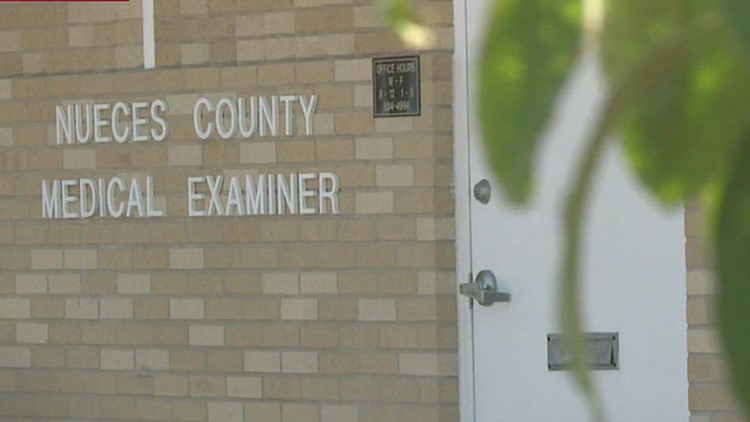Drug crimes have gotten a great deal of attention in the last several decades. Every state (including Texas) has laws against the possession, manufacturing, and sale of certain controlled substances. This includes any of the following drugs:
- Marijuana
- Methamphetamine
- Ecstasy
- Cocaine
- Heroin
Even the federal government has laws against the possession, distribution, and manufacturing of these substances. The cost associated with drug and alcohol abuse is more than $110 billion a year and are often related to the following:
- Accidental death and injuries.
- Health care.
- Dependency treatments.
- Criminal behavior.
Whether it’s through the federal or state justice system, most drug cases are related to possession, manufacturing, trafficking or distribution. If a substance is considered “controlled,” these kinds of actions are limited or even prohibited. Every controlled substance is put at a certain level (or “schedule”) under both state and federal statutes, which will determine the laws surrounding them.
Laws Related to Drug Trafficking in the State of Texas
Term “drug trafficking” refers to the distribution of any controlled substance. This can include the transportation, sale, or import of these products. It can also include the transportation and sale of prescription drugs, which has recently been on the rise. A drug trafficking charge in Texas is considered a felony, and it can come with a wide range of penalties. If it’s a state jail felony, it will carry the most lenient punishment. But, if it’s a first-degree felony, the penalties will be harsher. Several factors will determine your sentence of a drug trafficking conviction in the State of Texas, which can include but may not be limited to:
- The amount being distributed.
- The type of drug being distributed (which will be listed in any of the four groups under the Texas Controlled Substances Act).
Texas has some of the harshest penalties for drug trafficking, but prosecutors have been known to offer plea deals to people who have been accused of these crimes. They will be offered a lesser charge in exchange for information that would help the authorities get the evidence they need to complete a more important investigation.
Drug Possession Laws in the State of Texas
The Texas Controlled Substances Act makes it illegal to possess certain drugs that have been classified as either “illicit” or “controlled.” But, to be guilty of drug possession in Texas, you had to have known that it was a controlled substance and that you intended to be in possession of it. According to Texas Law, drug possession is considered a Class A or Class B misdemeanor, which can carry a penalty of up to one year in jail and fine of up to $4,000. But, the specific penalty will depend on the circumstances of the case. Being in possession of certain illicit drugs can be considered a third-degree or even a first-degree felony, which can have a maximum penalty of life in prison and a fine of up to $250,000.
Being in possession of marijuana can be seen as a lesser crime (or even a Class B misdemeanor), which can carry a sentence of up to 180 days in jail and fine of up to $10,000 if you have been caught with less than two ounces. If you have been caught with more than 2,000 pounds of marijuana, you could face life in prison and fine of up to $50,000.
Laws with Regard to Drug Manufacturing in the State of Texas
Manufacturing or cultivating illicit drugs is considered a crime in the State of Texas, with each one being placed into four groups. This will determine the penalties associated with manufacturing the substance. Marijuana has its own classification, so it’s separate from the other four groups. To be guilty of manufacturing a controlled substance, you must have intended to deliver it to someone else. The penalties for these crimes can vary, and it can depend on a number of factors. These can include but may not be limited to:
- The type of drug.
- The quantity of the drug.
- How the drug was being cultivated.
- Whether you had any past convictions for drug charges.
The penalties for drug-related charges in the State of Texas (including the manufacturing or cultivation of the substance) can be severe. Even if it’s a state jail felony, it can carry a sentence of 180 days and up to two years in a state prison with a fine of more than $10,000. You could also be charged with a first-degree felony, which can lead to life in prison and a fine of up to $250,000. But, the specific charge and penalty will depend on which group the drug falls under and how much was involved.
If you’re facing a drug charge and are looking for the best criminal defense attorney in Corpus Christi, be sure to get in touch with Gale Law Group.







